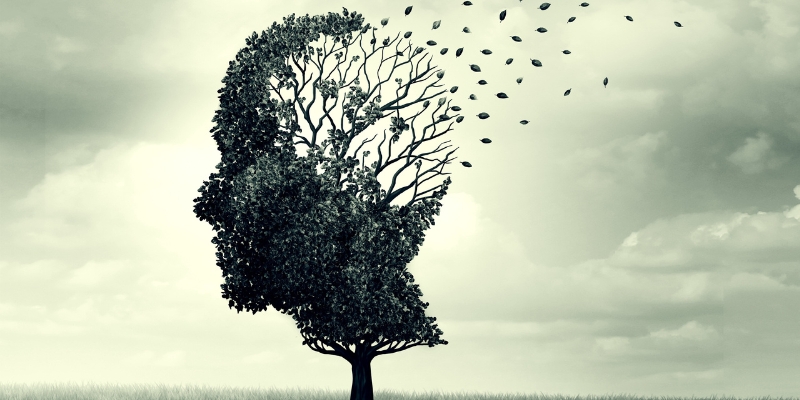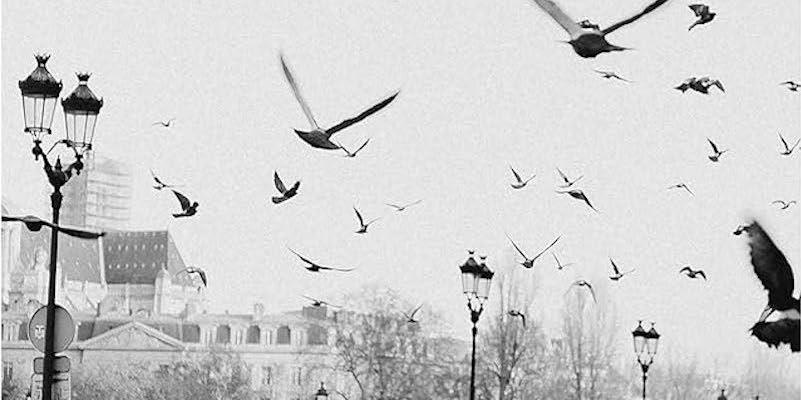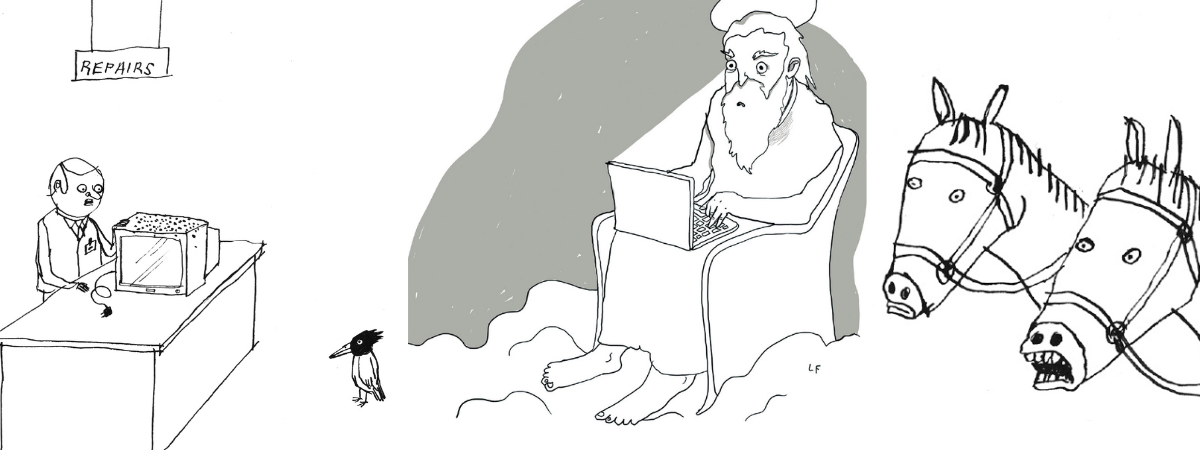The TLS’s reviewer for J. B. Leishman’s translation of Rainer Maria Rilke’s Poems 1906–1926 (1957) was not impressed. “It is little short of a tragedy”, she wrote, “that verses by the poet who made the German language sing … should be transcribed in a manner devoid of the essential qualities of poetry.” She looked forward to a time when poets – as many as possible – would “give us a less distorted reflection of the beauty by which he enriched the world”. A lively correspondence ensued in which the Rilke translator Stephen Spender argued that a translation “free-for-all” would indeed be in everyone’s best interests. Since then, scores of translators have risen to the challenge.
Rilke (1875–1926), according to Paul Valéry “the most glorious poet since Goethe”, spent most of his adult life wandering between European capitals, single-mindedly devoted to poetry. In the introduction to Voices (1977), a translation of Rilke’s Das Buch der Bilder (1902), in which “Herbsttag” (“Autumn Day”) first appeared, Robert Bly suggests that what the poet describes in the last stanza of this poem is in fact the life he has chosen for himself. Perhaps this is why to “wake and read and write unending letters / And wander aimless down long avenues” sounds so consoling. The benign cadences and confident apostrophes of Iris Origo’s translation, first published in the TLS in 1954, have a Keatsian ring. But Robin Robertson’s version from 1999, republished in Slow Air (2002), provides less obvious relief. This is a mutable world in which everything decays, although the alteration of “some still believe” to “we still believe” in the collected version suggests, perhaps, that the door to redemption is not completely closed.
Autumn
Master, the time has come. Rich was the summer’s gain.
Now on the dial let Thy shadow linger,
Loosen Thy winds above the boundless plain.
Let the last grapes hang heavy on the vine.
Grant them yet one more mellow southern hour
To ripen fully; tread the final drop
Of cloying sweetness into heady wine.
The time has passed for dreaming or for building.
Alone, alone, the lonely will remain,
And wake and read and write unending letters,
And wander aimless down long avenues
While the last leaves are blown by wind and rain.
RAINER MARIA RILKE
Translated by Iris Origo (1954)
Fall
After Rainer Maria Rilke
The leaves are falling, falling from trees
in dying gardens far above us; as if their slow
free-fall was the sky declining.
And tonight, this heavy earth is falling away
from all the other stars, drawing into silence.
We are all falling now. My hand, my heart,
stall and drift in darkness, see-sawing down.
And some still believe there is one who sifts and holds
the leaves, the lives, of all those softly falling.
ROBIN ROBERTSON (1999)
The post ‘Autumn’ / ‘Fall’ appeared first on TLS.

 By Times Literary Supplement | Created at 2024-11-19 14:37:11 | Updated at 2024-11-21 11:35:42
1 day ago
By Times Literary Supplement | Created at 2024-11-19 14:37:11 | Updated at 2024-11-21 11:35:42
1 day ago








